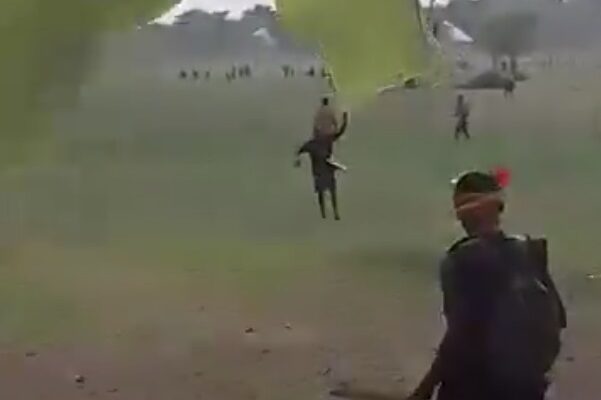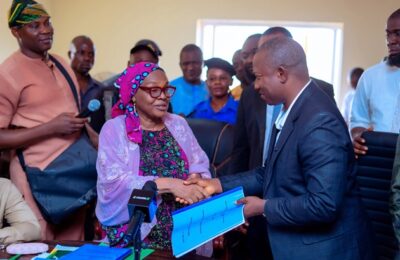The crimson stains of conflict continue to water the ancestral soil between Ayeke and Enweli, two Igala-speaking communities in Ibaji Local Government of Kogi State. What began as a simple misunderstanding over farmlands has mutated into a generational war, fueled by pride, vengeance, and silence from authorities. In a time when unity is desperately needed across Kogi East, these hostilities have become scars that resist healing.
Farming seasons have started, yet instead of hoes and seeds, our brothers in Ayeke and Enweli have picked up machetes and matches. They have begun killing one another again—trading crops for corpses. This is not just a story of boundary disputes—it is a tragic metaphor for how a people can self-destruct in the absence of justice and mediation. The Igala are known for their ancestral wisdom, their deep sense of respect for land, and their communal spirit. Yet here, these values seem buried beneath decades of bloodshed. As one elder from the area lamented, “We no longer plant for harvest; we plant for headlines.”
Historically, the farmland under contention served as a communal asset during the pre-colonial Igala kingdom. Oral traditions from the royal palace in Idah recall that the Attah Igala, HRM Ameh Oboni I, once warned: “When a man fights his kin over soil, he has already lost his soul.” That wisdom has been lost on modern actors. The dispute between Ayeke and Enweli reportedly escalated in the late 1980s, sparked by seasonal migration, land hunger, and unmet expectations in local governance.
From the 1990s till now, successive attempts by traditional leaders, local councils, and even security forces to resolve the conflict have failed. Blood has become currency. Homes have been razed, and generations now grow up knowing their neighbors only as enemies. The Late Mr Ineke, an elder statesman and Igala cultural icon, once said, “There is no inheritance in hatred. Even graves share boundaries.” Yet today, Ayeke and Enweli live as if the land must drink blood before it can yield crops.
Mr Agbata, a fierce advocate of Igala unity and justice, warned in a 2002 symposium: “If we do not build bridges of dialogue, we will drown in rivers of suspicion.” His words ring true, especially now that the children of these two towns carry machetes and guns instead of schoolbooks. The youth who should be apprentices, traders, and scholars are instead turning into vigilantes and mercenaries in an endless cycle of retribution.
What is even more heartbreaking is the silence from the political class. Leaders who once kissed the soil of Ayeke and Enweli during campaigns have now become strangers. These are not just two communities at war—they are a mirror to the wider fractures in Igala land. How can a nation rise when her villages burn from within?
The Attah Igala, HRM Matthew Opaluwa, has spoken against this violence. “The land belongs to all who nurture it with peace,” he declared during a 2022 address in Idah. Yet his voice, though respected, cannot mend what broken hearts refuse to let go. Mediation must go beyond palace proclamations—it must involve community-driven truth commissions, psychological healing, and legally binding land reforms.
Ayeke and Enweli must be reminded that the land does not belong to the dead but to the living who must protect it for the unborn. Let us remember the Igala proverb: One an’Ogba todu ajuwe n ama todu uche oko—the fence is not for the chicken, but to protect the farm.
Until we protect the idea of peace with the same fervor we defend property, we will continue to harvest blood instead of yam. The time to break the cycle is now. Let Ayeke and Enweli sit under the moon again—not as foes, but as kinsmen and brothers. For if we lose each other, we lose ourselves.
– Inah Boniface Ocholi writes from Ayah – Igalamela/Odolu LGA, Kogi state.
08152094428 (SMS Only)




